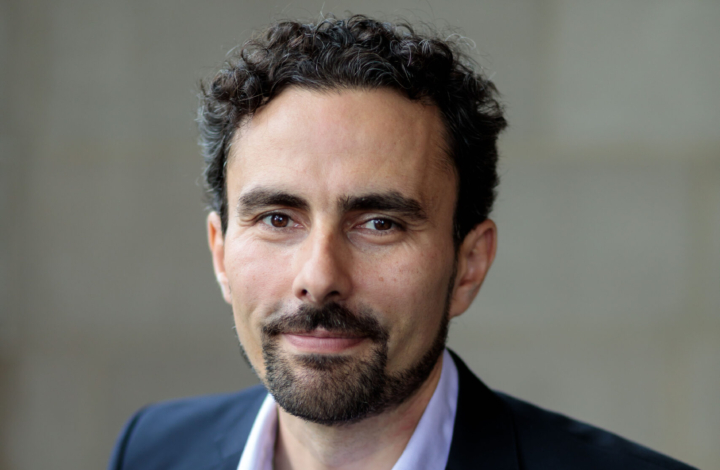Ahmed El Shamsy
NIAS fellow

Project title
The Early History of Sunni Islam
Research question
How did Sunnism emerge as a coherent confessional identity, and how did it both reflect and shape its adherents’ views of history, politics, and theology?
Project description
The academic study of Islam classifies the vast majority of Muslims today as Sunnis. But many of these Muslims do not necessarily identify themselves as such, nor is the classification based on a robust definition of what a Sunni is, or even what kind of a phenomenon Sunnism represents. Is it a theology? An attitude toward politics and religion? An affiliation with one of the four “Sunni” schools of Islamic law? Or simply a residual category for Muslims who do not fit any other, better-defined category? Does Sunnism constitute a sect or a denomination? Do such terms even make sense when applied to a religious landscape that has no centralized authority comparable to a church?
The goal of Ahmed El Shamsy’s project is not to define the boundaries of “true” Sunnism but rather to reconstruct what Sunnism meant in particular times and places, especially to those who used the label to describe themselves. Focusing on the hitherto sidelined early history of Sunnism is crucial for understanding Sunnism as a whole, because it renders intelligible the continuing debates and tensions among later Sunnis as they grappled with the task of harmonizing their discordant heritage.
Selected publications
- El Shamsy, Ahmed. “Contesting the Term Ahl al-Sunna wa-l-Jamāʿa in Early Islam.” In Illusions of Orthodoxy: Islamic Politico-Religious and Legal Discourses (10th–11th Century), edited by Blain Auer and Wissam Halawi. Berlin: De Gruyter, forthcoming in 2025.
- El Shamsy, Ahmed. “‘The Mushabbiha Are the Jews of the Umma’: On the History of a Heresiographical Label.” In Religious and Intellectual Diversity in the Islamicate World and Beyond: Essays in Honor of Sarah Stroumsa, edited by Omer Michaelis and Sabine Schmidtke. Leiden: Brill, 2024.
- El Shamsy, Ahmed. Rediscovering the Islamic Classics: How Editors and Print Culture Transformed an Intellectual Tradition. Princeton, NJ: Princeton University Press, 2020.